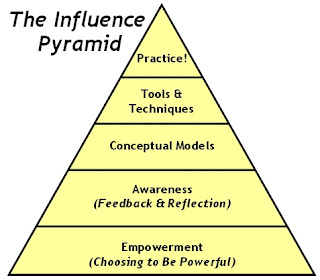It seems like just about everyone and their mother involves themselves with some sort of social media. Even the Pope has joined the ranks of twitter. I actually have an account with (for some reason) followers even though I've never actually "tweeted." I may never get the urge, but I try not to use the words "never" when referring to something I don't want to do. I usually eat them.
Not that I'm against Twitter or facebook or other social media, like blogging. I actually like the latter two. And I think those can be great tools to disperse good information and connect with folks, provided they only supplement, not replace, visible community.
But there is a dark side of them that is oft overlooked, but not by N.Y. Giants Defensive End Justin Tuck. You may remember him from some Subway commercials. In response to Eagles running back LeSean McCoy calling Tuck's teammate Osi Umenyiora "soft" and "overrated," he fired back with this overall reaction to social media.
“I honestly think social media has made people cowards,” Tuck said on Mike and Mike in the Morning, via Philly.com. “Where I’m from, if you had a problem with somebody, you said it to their face and that was it. I think now people are hiding behind computers and smartphones to get out something they got on their chest.”
How true. Social media doesn't just reveal our stupidity, it often reveals our cowardice. People like to hide behind things. Sin makes us do that, and has since the beginning when we first started by hiding behind fig leaves. Soon after we tried to hide from God.
Social media does expose a latent cowardice in all of us. It's not just with facebook or twitter, but it comes with texting and emails. It's easier to hide behind a text message when giving someone news that they don't want to hear (b/c you're scared to enter into a place of disagreement). I've given and received texts like this, so I've got fingers pointed at myself (you'll just have to take my word for it).
Tuck's reminder to us has a biblical odor. If we have a problem with a brother, we are to go to that brother or sister (Matthew 18). If a brother or sister has a problem with us, we are to go (not text or tweet them) to that brother/sister (Matt 5:23). Sometimes I wish we had an "out," but it doesn't look like we do.
Pastors who seem to regularly call out other pastors before picking up the phone, athletes who call others "soft" (which I guess is the worst thing a football player can be called), and Christians in general would do well to examine their own cowardice.










